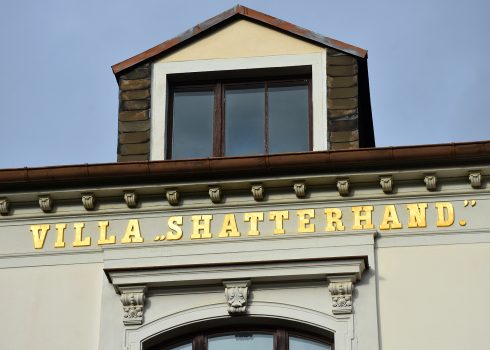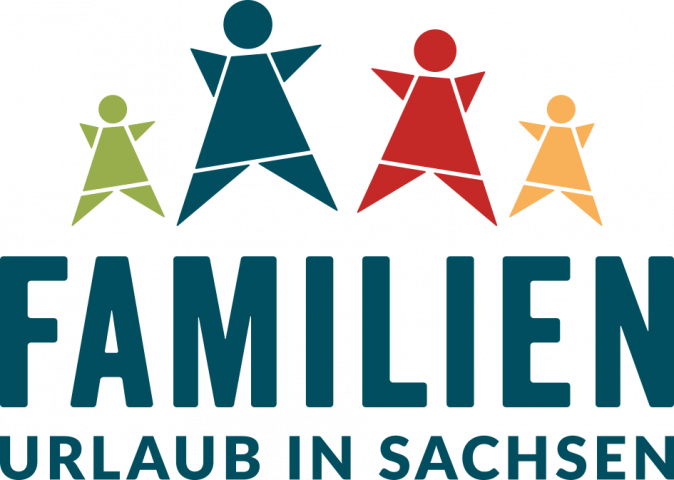The Karl-May-Stiftung is a foundation under German civil law, founded in 1913 by Karl May’s second wife Klara May in accordance with May’s will and testament. It is the body responsible for the Karl May Museum and publisher of the Karl May Museum’s series of publications. Since 2007, the foundation, along with the Karl May Publishing House and Karl May Society, has been involved in publishing the historical critical edition.
A list of the members of the committees and contacts at the Karl May Foundation can be found here.
Statutes of the Karl May Foundation
dated 15 November 1991, as amended on 12 November 2016













